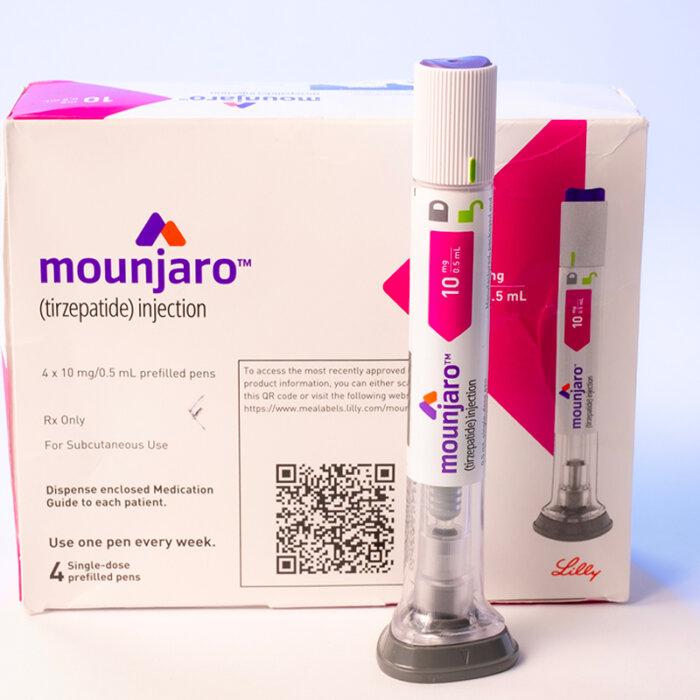The NHS has approved a drug that prevents chronic and episodic migraines, expanding treatment options for some 170,000 sufferers.
Atogepant—sold under the brand name Aquipta and made by AbbVie—provides patients with an option of an oral treatment, instead of injectables.
The drug blocks the receptor of a protein found in the sensory nerves of the head and neck, known as calcitonin gene-related peptide (CGRP). CGRP dilates blood vessels, leading to inflammation and migraine.
The National Institute for Health and Care Excellence (NICE) has greenlighted atogepant to provide 170,000 patients across the country, who have at least four migraine days a month, and who have tried at least three other treatments that proved ineffective.
“Currently, the most effective options for people with chronic migraines who have already tried three preventative treatments are drugs that need to be injected. The committee heard from patient experts that some people cannot have injectable treatments, for example because they have an allergy or phobia of needles,” said the director of medicines evaluation at NICE, Helen Knight.
Around 4.5 million people in England are affected by migraines. According to NICE, the illness not only impacts a person’s daily life, but also places a “heavy burden” on the health care system and the economy.
“Today’s final draft guidance demonstrates our commitment to focusing on what matters most and getting the best care to people while ensuring value for the taxpayer,” Ms. Knight said.
People suffering from chronic migraines have at least 15 headache episodes a month, with at least eight of those having features of migraine. Those suffering from episodic migraines have fewer than 15 headache days each month.
Equal Access
There are several types of migraines, including migraines with and without warning signs, known as migraines with or without aura.Those suffering from migraines have reported experiencing vision difficulties and sensitivity to bright light, among other symptoms.
One patient told the Migraine Trust that she “had to stop driving altogether for a while” and avoid social gatherings that involved going out at night.
In March, parliamentarians held a dedicated debate on the impact of migraines, urging the government to simplify access to CGRP medications.
The debate was led by Dehenna Davison, a Conservative MP for Bishop Auckland, who last year had to leave her role as a parliamentary undersecretary due to chronic migraines.
“New treatments, such as CGRP blockers, are proving highly effective for many migraine patients, helping to reduce the severity, longevity and frequency of migraine attacks. For many taking CGRP blockers, they are often called a lifeline,” she told the parliamentarians.
Shadow health minister Karin Smyth, who joined the debate, said that migraines disproportionately impact women and force people to switch to part-time work or leave their jobs altogether.
The Migraine Trust welcomed the addition of atogepant as a preventive for migraine. The trust’s chief executive Rob Music has called for equal access to the new treatment.
Speaking to the BBC “Breakfast” programme on Thursday, he said: “We’ve got these new therapies coming in through now, really exciting. For those who have had them—transformative. But there is real inequity at the moment and the people aren’t able to access them even though they are eligible. That’s really important and we are really pushing the health ministers and others to change.”
A report by the Migraine has found that among approved patients for Calcitonin Genere-related Peptide monoclonal antibodies, only 53 percent had been offered access.
Patients have heard that due to a lack of funds and long waiting lists, health care professionals would opt not to prescribe the treatment.







